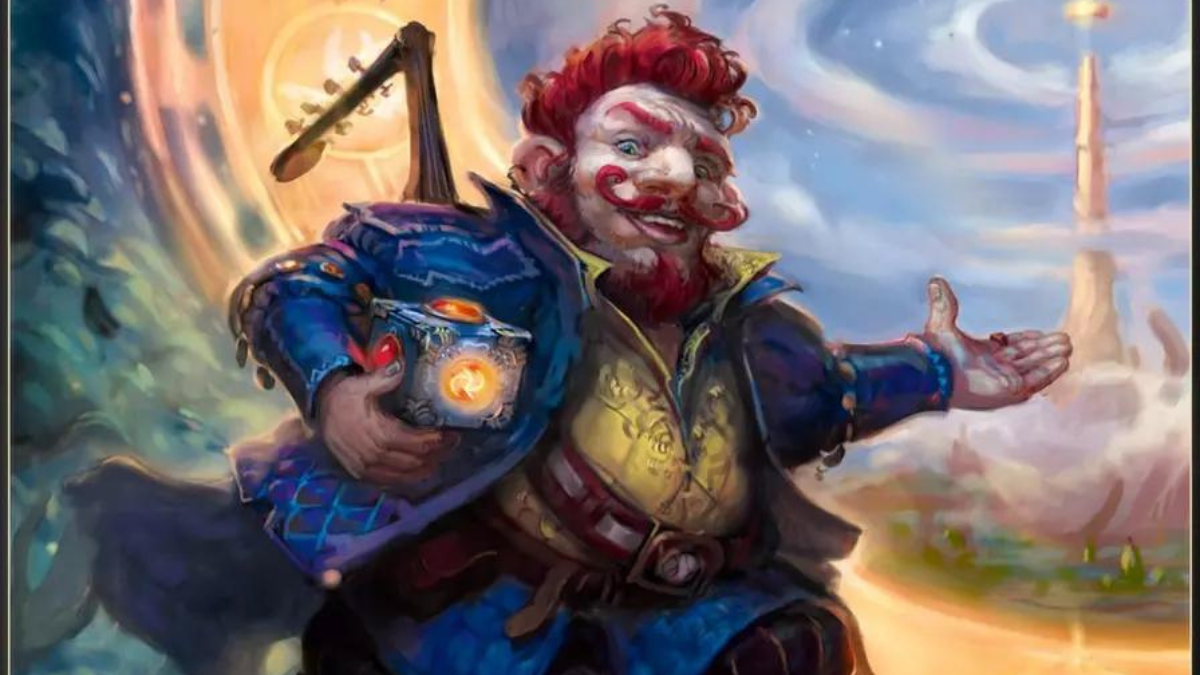Dungeons & Dragons has enjoyed a significant renaissance in recent years thanks to its appearance on Stranger Things, as well as the increasing popularity of YouTube channels like Critical Role. However, according to some experts, its resurgence might not be entirely down to its appearance in popular culture. Counselors and psychologists report that the game can help to develop learning skills while also enabling players to improve social skills and even work through cognitive problems.
There are examples of mental health professionals using the TTRPG to help treat patients. One child anxiety counselor in North Carolina offers D&D therapy sessions and in one blog post, Katie Lear highlights how it can help with self-esteem, self-confidence, and social skills while also encouraging participants in this form of play therapy to be more assertive with their peers. She points to its collaborative elements as well as its ability to encourage empathy.
Staff psychologist William Nation runs a D&D therapy group at Johns Hopkins University where a two-hour session is broken down into a 60-90 minute roleplaying session followed by a discussion of the game’s events. There are also examples of D&D being used to strengthen group bonds, making it a useful team-building game.
Dungeons & Dragons was created in 1974 by game designers Ernest Gary Gygax and David Arneson. The original game was little more than a 50-page rule book, but it became extremely popular in the 70s and 80s, even spawning a D&D-themed TV show in partnership with Marvel.
However, despite its popularity, it looked to be on the rocks by the 1990s as Gygax was pushed out of the company and a series of questionable business decisions were made. Fortunately, in 1997, Wizards of the Coast bought out Tactical Studies Rules, the company established by Gygax to distribute D&D rule books.
Following the acquisition by Wizards of the Coast, the game became open source. Not only could players and game masters make and adapt their own rules, but so too could other gaming companies. This led to the creation of other tabletop RPGs like Pathfinder and helped secure the future of D&D.
Wizards of the Coast also makes D&D-themed board games that are set in the same game world but don’t have the same party size or game master requirements, arguably making them more accessible.
Under Wizards of the Coast’s leadership, Dungeons & Dragons has seen a massive resurgence in popularity. This was boosted further by the game being a central figure in the hit series Stranger Things. It became more socially acceptable to be a D&D player, and celebrities like Terry Crews, Vin Diesel, and Joe Manganiello helped push the game, which was once seen as the reserve of geeks in their moms’ basements, into the mainstream.
The popularity of the original TTRPG even led to the production and launch of the Hollywood movie Dungeons & Dragons: Honour Among Thieves in 2023. The film starred Sophia Lillis, Daisy Head, Chris Pine, and Michelle Rodriguez. It scored 91% on Rotten Tomatoes but while the movie only returned $208 million on its $150 million budget, star Chris Pine has said that he is reasonably confident that a sequel will happen. He went on to say that he would absolutely return.
D&D itself saw the launch of the fifth edition back in 2014, although the most recent core rule books were only released this year. 5e polarizes the opinions of most stalwart gamers, with some strongly opposing the character selections and the fatigue ailment, although, as with all elements of Dungeons & Dragons, the Dungeon Master can choose to keep or alter these elements if they wish. Others like that the rules are easier to pick up for new gamers.








